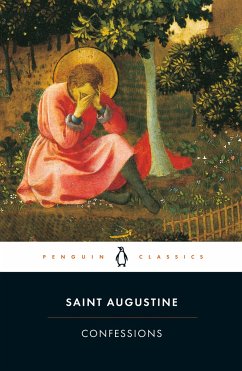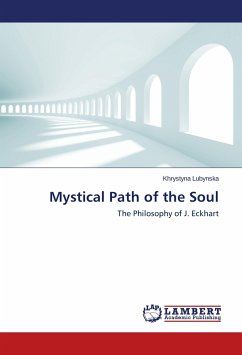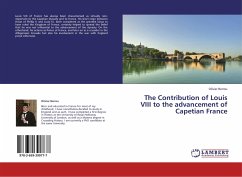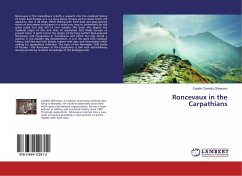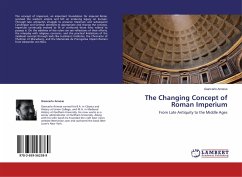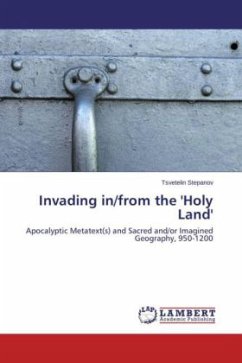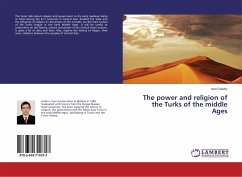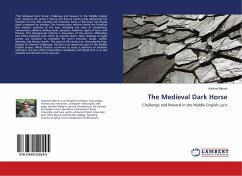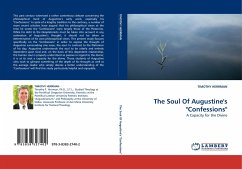
The Soul Of Augustine''s "Confessions"
A Capacity for the Divine
Versandkostenfrei!
Versandfertig in 6-10 Tagen
52,99 €
inkl. MwSt.

PAYBACK Punkte
26 °P sammeln!
This past century witnessed a rather contentious debate concerning the philosophical merit of Augustine s early work, especially his "Confessions." In spite of a lengthy tradition to the contrary, a number of more recent scholars have argued that his philosophical views at the time he wrote the "Confessions" were largely those of the Platonists. While his debt to the Neoplatonists must be taken into account in any estimation of Augustine s thought, it should not be taken as determinative of his own philosophical views. This present study focuses specifically on the "Confessions" in order to ex...
This past century witnessed a rather contentious debate concerning the philosophical merit of Augustine s early work, especially his "Confessions." In spite of a lengthy tradition to the contrary, a number of more recent scholars have argued that his philosophical views at the time he wrote the "Confessions" were largely those of the Platonists. While his debt to the Neoplatonists must be taken into account in any estimation of Augustine s thought, it should not be taken as determinative of his own philosophical views. This present study focuses specifically on the "Confessions" in order to expose the thought of Augustine surrounding one issue, the soul. In contrast to the Platonism of his day, Augustine understands the soul to be utterly and entirely dependent upon God and, on the basis of this dependent relationship, the human soul is properly understood as passive in regard to the divine; it is at its root a capacity for the divine. Those students of Augustine who wish to glimpse something of the depth of his thought as well as the average reader who simply desires a better understanding of the "Confessions" will find this study particularly helpful and enjoyable.



